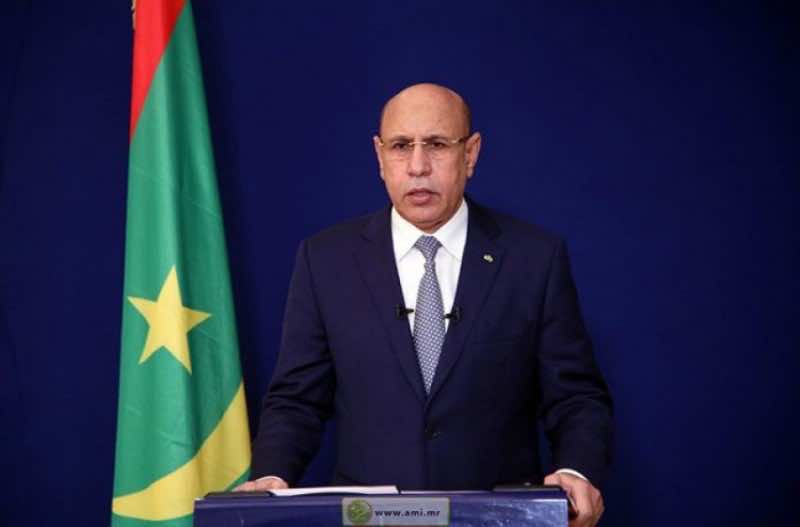Tswane - South Africa's former President Jacob Zuma has said his party uMkhonto weSizwe (MK) will join the opposition alliance in parliament.
Zuma said the MK party will coordinate resistance to the ruling coalition led by the African National Congress (ANC).
The opposition alliance in parliament includes a host of other parties, such as Julius Malema’s Economic Freedom Fighters (EFF), which won 39 seats in the new parliament in the May election.
Zuma’s MK, however, still maintained that last month’s election was rigged, according to party spokesperson Nhlamulo Ndhlela, who read a speech by Zuma on Sunday, June 16.
“The 2024 elections were rigged” said Ndhlela, adding that MK had lodged a court case demanding that the election results be declared invalid and that a new vote be held.
In power since 1994, the ANC lost its outright majority for the first time since the end of apartheid and sealed a power-sharing agreement at the weekend with the Democratic Alliance (DA). In the ANC-led coalition there are a number of smaller parties.
Zuma said the ANC’s coalition with the DA was “unholy.”
82-year-old Zuma created the MK party in December 2023.
A long-time ANC member, Zuma parted ways with the ruling party after he was forced to resign as president in 2018, amid corruption allegations.
The newly formed MK did surprisingly well in May’s elections, becoming South Africa’s third-largest party and taking a big chunk of votes from the ANC.
It won 12 per cent of the vote and obtained 58 seats in parliament.
He said the MK would become part of the official opposition, joining a group of small parties calling themselves the Progressive Caucus. The New Times





